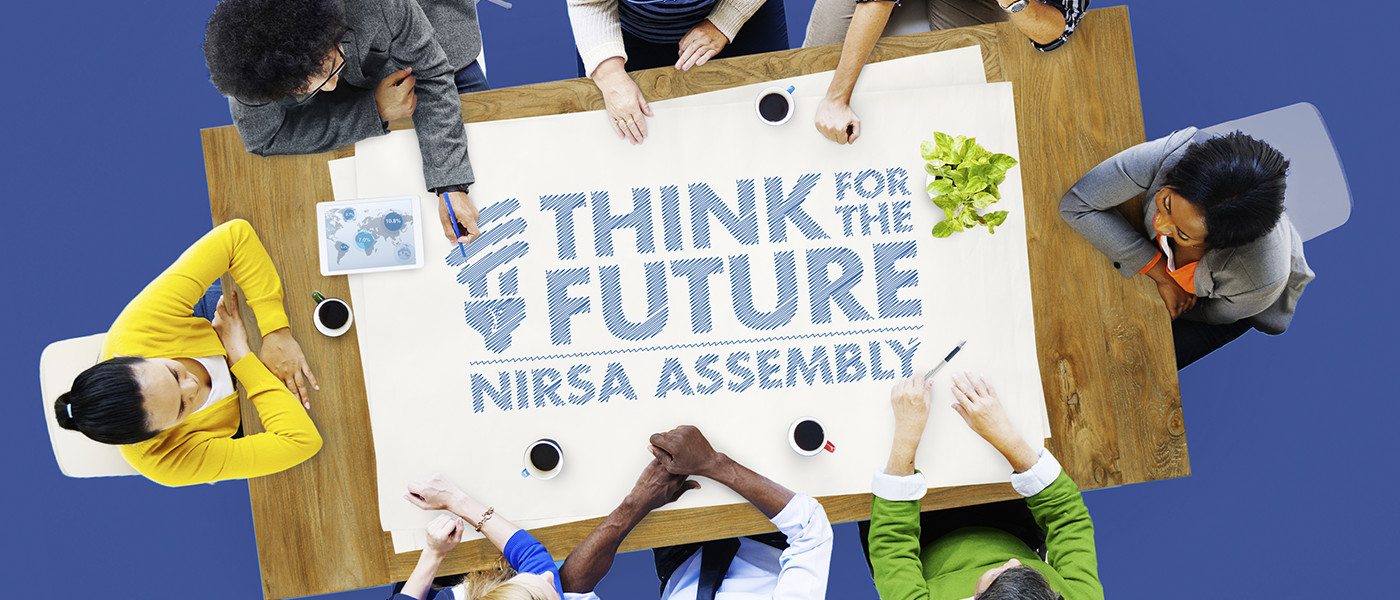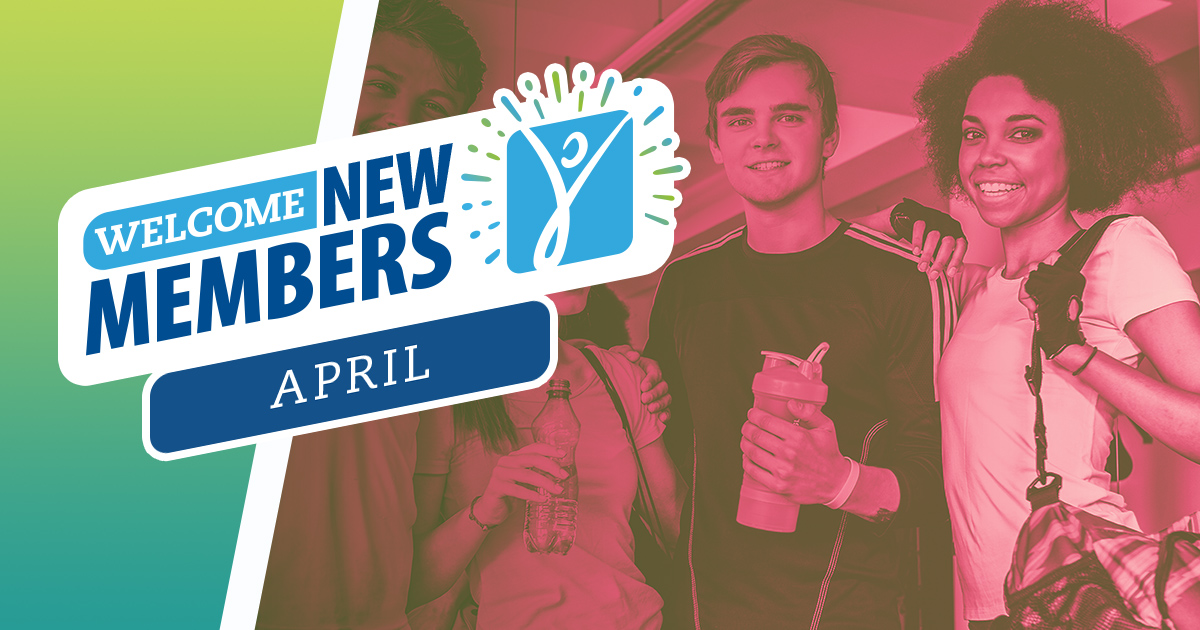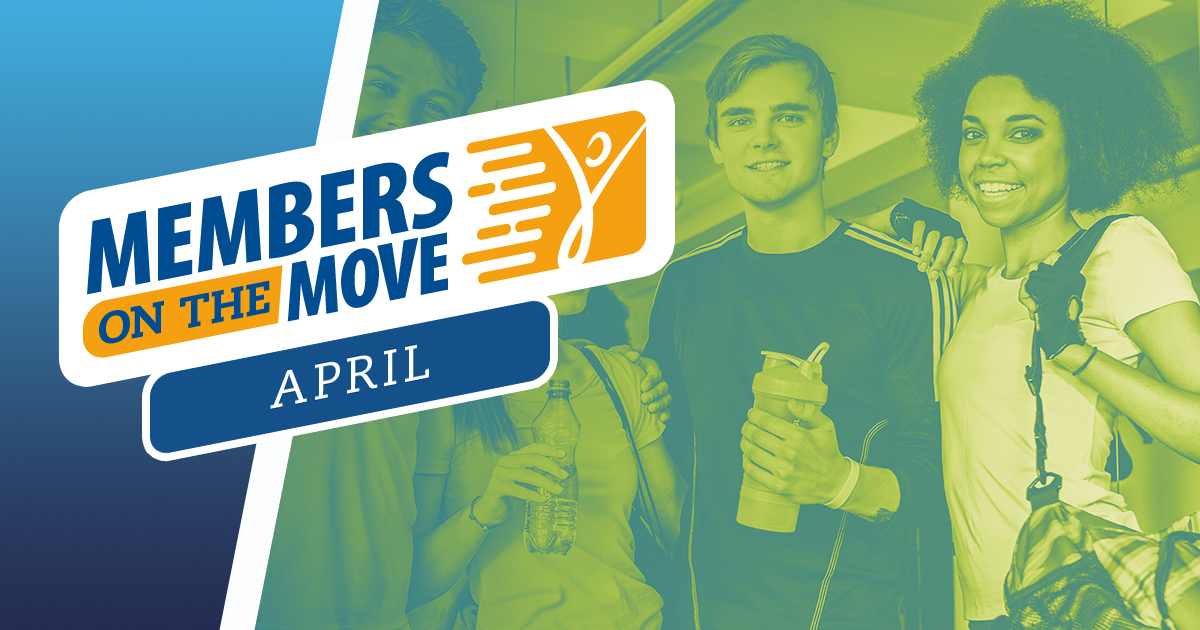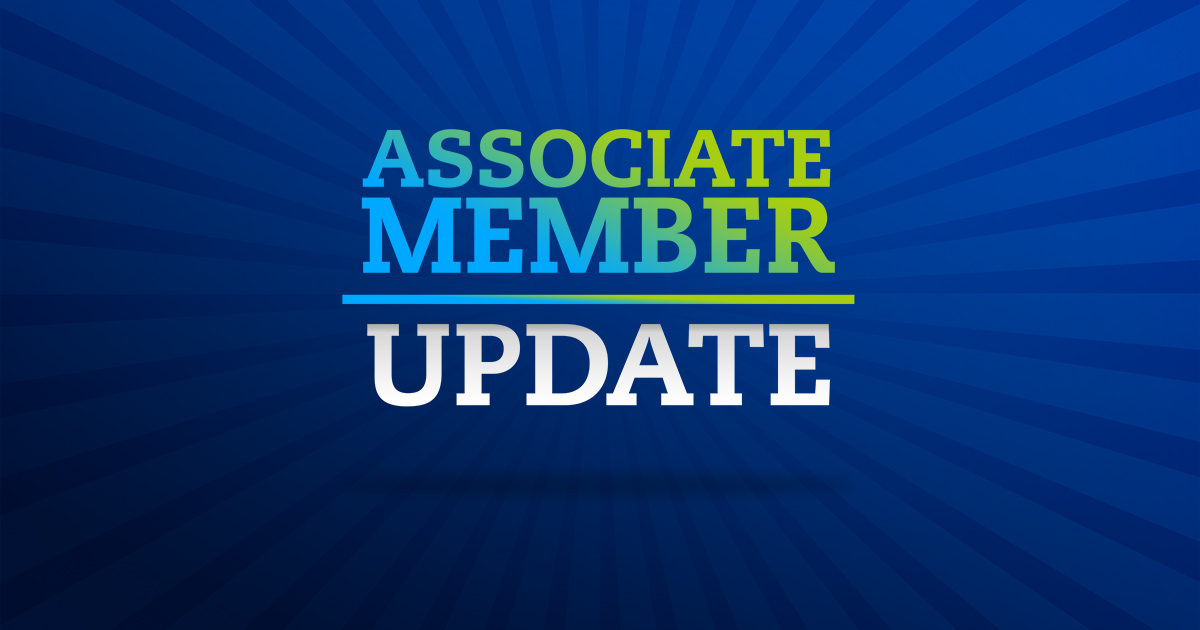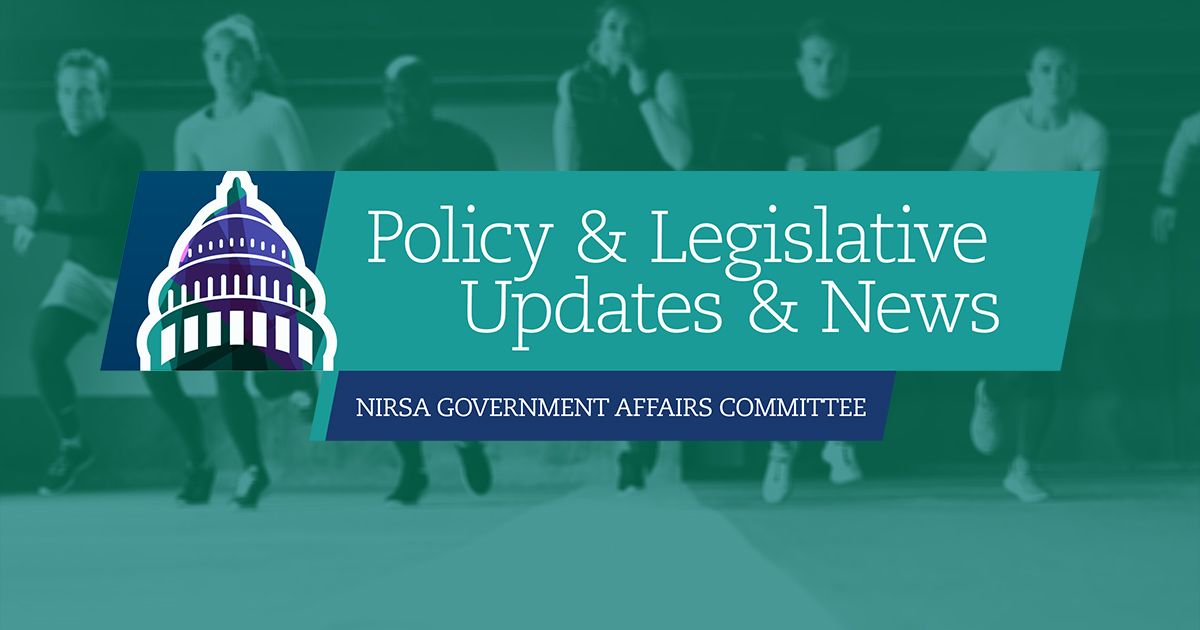This year, the NIRSA Assembly—a diverse body of volunteers who serve as a think tank for the profession—has been exploring strategies to promote healthy conversations and to train campus rec staff to effectively manage civil discourse on our campuses. Civil discourse is a competency that many arenas in today’s world seem to be lacking.
Assembly members have been leaning into this topic and we continue to search for and find tools to engage others in creating brave spaces where constructive conversations can take place. We invite you to join us in this work—help us to build a toolkit of relevant resources for campus recreation professionals. We invite you to share tools that can help us advance our profession and in turn help students learn these important conversation skills.
Join the NIRSA Assembly group on Facebook
The NIRSA Assembly has recently launched a Facebook group to share ideas and hot topics impacting the collegiate recreation profession—topics like civil discourse. We invite you to join the group and take a look at the posts with links to resources. We hope they will spark thinking about what civil discourse means to the campus rec profession and inspire you to share your voice.
Join the group to discover resources, comment, or share with others.
Learn how colleagues are talking about civil discourse on their campuses
At the 2017 NIRSA Annual Conference, the Assembly brought together a diverse panel of collegiate recreation professionals to share how they are engaging campus rec staff in civil discourse, breaking down barriers so that we further understand our differences, and promoting respectful learning environments.
During the session, the panelists shared their approaches to staff training and intentional leadership development practices that enhance understanding of different worldviews, improve student’s ability to talk about controversial topics, and strengthen their communication skills. There is no one-size-fits-all approach to achieving this outcome; the approaches from different departments are diverse with everything from events to one-on-one activities, to full staff training activities. Below are highlights of what each panelist shared during the session:
“Our role on campus is to develop leaders, and communication is a key piece for staff development. I’ve found the Multi-Institutional Study of Leadership (MSL) high impact practice of socio-cultural conversations to be an effective tool. These conversations with peers—about difference and across difference—help develop interpersonal skills, cultivate active listening, promote community-building, and create a platform for effective civil discourse.”
–Melissa Longino, Director of Campus Recreation at University of Dayton
“We utilize the ‘Student Leadership Challenge’ model to guide the development of our student staff. We’ve also identified five marketable skills to conduct training on throughout the year. This past fall we specifically focused on verbal communication which led us to examine our styles when engaging in difficult conversations. We explored the difference between dialogue, debate, and discussion, and raised awareness of how we enter into conversations on a particularly hot topic. This has been a very useful tool as it helps the students take a step back, evaluate their communication style, and then re-engage in the conversation in a more effective way.”
–Victoria Lopez-Herrera, Associate Director at The University of Texas at San Antonio
“One approach I’ve found effective at helping students process hot topics of the day is to play simple board games or cards in my office. Playing games often helps students relax and speak freely about challenges they’re having, providing an avenue to unpack their feelings and discuss appropriate ways to address the issue moving forward.”
–Ashford Evans-Brown, Facilities & Marketing Coordinator at Prairie View A&M University
“I’ve worked with my campus recreation department to hold a privilege walk to highlight how people benefit or are marginalized by systems in our society.”
–Lashica Thomas, Assistant Director of Operations and Marketing at Columbus State University
“This fall, we did diversity and inclusive language training with student staff and are encouraging students to attend a ‘Red Bench’ dialogue session—a program centered on moderated small group discussions that are respectful and safe—to help them expand their communication skills.”
–Andy Lemons, Director of Campus Recreation at St. Edward’s University
Join the conversation
The NIRSA Assembly invites you to contribute your thoughts and ideas on this topic and others! Has your department implemented effective communication training? Are there specific resources or established methods you’ve employed that have helped your staff navigate controversial topics in a civil manner? Engage with the NIRSA Assembly:
Stay tuned for more developments
The Assembly is in the final stages of preparing a resource guide for facilitating and training campus recreation staff in civil discourse. The guide will be shared with the NIRSA community this summer.
- For questions about this article or if you have a campus recreation topic you’d like the NIRSA Assembly to consider exploring, feel free to contact a member of the NIRSA Assembly or NIRSA Leadership Coordinator, Lani Beavers.
Don Stenta is currently the Director of Student Life Recreational Sports at The Ohio State University and serving as the Convener of NIRSA's Assembly ; he can be reached at stenta.1@osu.edu. Christine Haluzak is currently NIRSA's Director of Membership and Leadership Programs; she can be reached at christine.haluzak@nirsa.org.

